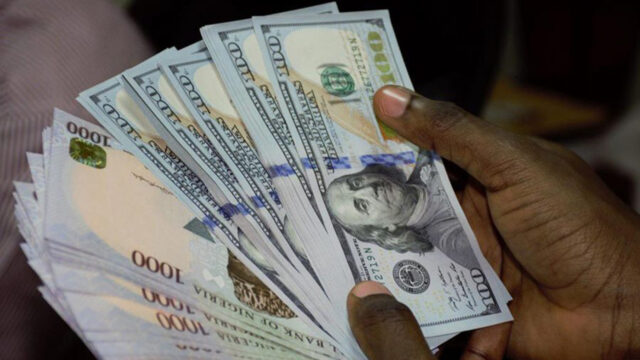
Gift Joseph Okpakorese
The taxes of fairly used cars known as ‘Tokumbo’ or ‘Belgium’ within the local parlance have soared due to stiff border supervision and rising exchange rates, according to the reports of the News Agency of Nigeria (NAN).
In an interview formerly conducted by NAN in Abuja, a cross-section of car dealers complained that the recent development was pushing them out of business, as they are faced with difficulties in sales.
A car dealer whose name was given as Alhaji Ali Adamu, disclosed to NAN that things have been quite difficult in the recent past, with regards to the movement of vehicles from the borders of Cotonou in the Benin Republic to Nigeria, as a result of the new tariffs.
He stated that a majority of the vehicles that were smuggled into the country through unapproved routes were confiscated by officials and men of the Nigeria Customs Service (NCS). He disclosed that:
“We are all apprehensive now; nobody wants to take a risk of bringing in cars through our usual routes to avoid customs checks and seizure.
“I and other dealers here, now go to Lagos to buy already cleared vehicles where customs duties are paid on them to sell.
“By the time you add the duty charges, you will realize it is no longer business as usual,’’ he said.
Meanwhile, Faisal Shehu, another car merchant who spoke to media correspondents, gave an honest assessment of the situation and indicated that the recent hike and difficulties faced by traders, was as a result of a higher exchange rate.
Shehu gave an instance of the current situation indicating that a 2008 model fairly used Toyota Camry from Europe that usually sold for N1.8 million, is now being bought between N2.8 million and N3 million. According to him, a model of Peugeot 406 is now selling at N3.2 million as against N1.8 million previously.
Speaking on the situation, Mr. Mark Atabo, a dealer in Nigeria fairly used cars in Abuja, disclosed that the high price of Tokunbo cars had nudged the majority of individuals to patronize Nigeria used cars. He also added that due to the high demand and shortage, the costs of Nigerian used cars had also increased.
Atabo gave an example of a transaction he did a few months ago stating that the price of Nigerian used Peugeot 206 had risen to N1 million from N650,000. He also stated that the price of a used Honda Accord 2008 model had also gone up to N2 million from N1.5 million.
Meanwhile, a customer, Mrs. Margaret John, who came in search of a Nigerian used Toyota Camry (pencil light) expressed her shock to NAN at a car shop in Abuja remarking that she was so amazed at the outrageous increase in the prices of cars.
She said that for more than one month now, she has been searching for a used Toyota Camry to buy but could not get it.
She bemoaned the high cost of Tokunbo cars and said that since she could not afford it at the moment, she had to settle for a Nigerian used car.
NAN also reported that the Comptroller-General of Customs, Rtd Col. Hameed Ali, had earlier disclosed that the Service had tightened the borders through effective policing in affiliation with customs in neighboring countries.
Ali made this disclosure while being received at a NAN flagship program, ‘NAN Forum’ recently, wherein he commended the efforts of the agency and attributed the success recorded so far, to that of a joint border patrol set up in conjunction with the neighboring Benin Republic and Niger to ensure effective guarding of the borders. In his words;
“We reopened our borders and we are now working with our neighbors, our counterparts in Niger and Benin Republic.
“We have to come up with a concept that now gives us the chance to monitor and manage our borders without closing the exits and entrances.
“So, that is how we came up with the joint border patrol,’’ he explained.
According to him, officers involved in this patrol often share intelligence to be able to effectively manage the borders.
“If there are movements of illicit persons or goods, they communicate from that end to our end, so also we do.
“We have also exchanged the list of prohibited items, like those items the Benin Republic do not want in its country.
“So, we make sure we block them here before they cross.
“Also from the other side, there are things we don’t want to see in Nigeria.
“For instance, poultry products are still prohibited from entering Nigeria.
“The agreement is that, on a monthly basis, we will continue to get reports on how things are unfolding.
“Daily, there will be interaction between them and us, and we hope that this will help in reducing the movement of illicit items in and out of Nigeria.’’







